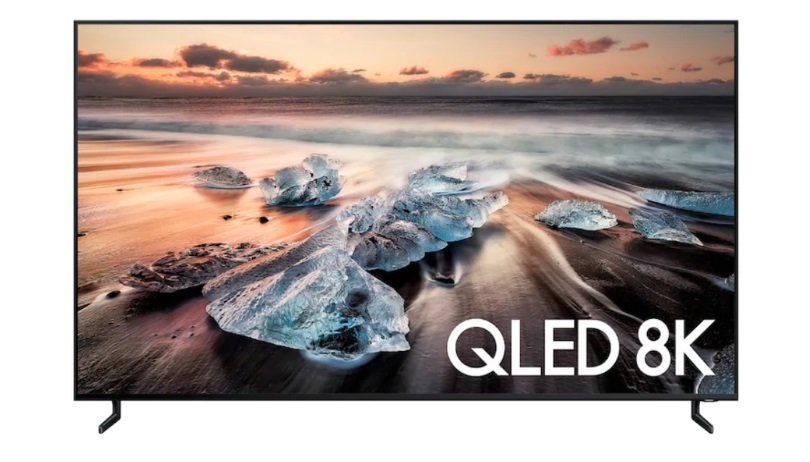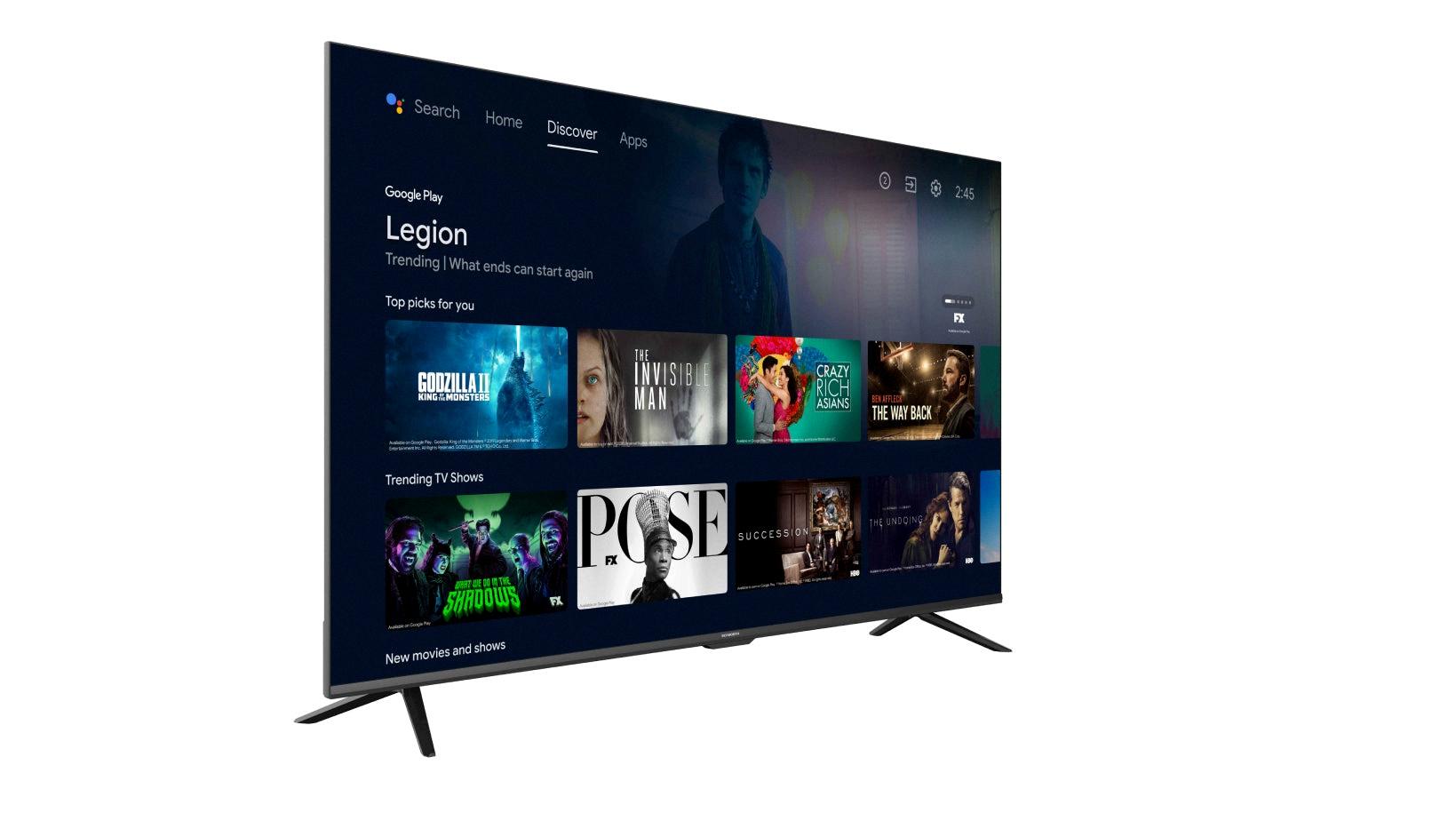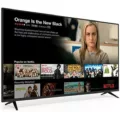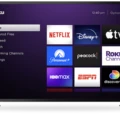When it comes to television technology, the latest buzz is all about 8K. This resolution offers an incredible 4 times as many pixels as 4K, and a whopping 16 times as many pixels as a 1080p TV. While the technology is still in its infancy, it’s worth considering whether an 8K TV is worth the investment.
Firstly, it’s important to note that 8K is excessive overkill for most people. If you’re sitting 10 feet away from your TV, it will be difficult to notice a significant difference between 4K and 8K. However, if you’re looking for a sense of immersion, 8K can offer that in spades. The extra pixels increase the angles at that light comes into your eyes, creating a larger and more detailed image that feels like it’s engulfing you.
Another advantage of 8K is that it can upscale lower-resolution content, such as 4K or 1080p, to look even better. This means that even if there isn’t a lot of native 8K content available yet, you can still enjoy a better picture quality on your 8K TV.
That being said, 8K technology is still in its early stages. There isn’t a lot of native 8K content available yet, and the cost of an 8K TV is still quite high. It might be worth waiting a few years for the technology to mature and become more affordable.
In the end, the decision to invest in an 8K TV comes down to personal preferences and priorities. If you’re a movie buff or a gamer, and you want the best possible picture quality and immersion, then an 8K TV might be worth the investment. However, if you’re content with a 4K TV or even a 1080p TV, and you’re not looking to spend a lot of money, then it might be best to hold off on an 8K TV for now.
While 8K technology offers incredible picture quality and immersion, it’s still in its early stages and comes with a high price tag. It’s up to each individual to decide whether an 8K TV is worth the investment for them.

The Benefits of Investing in 8K Resolution Over 4K Resolution
The question of whether it is worth getting an 8K TV over a 4K TV is a matter of personal preference and budget. 8K technology offers a higher resolution than 4K, meaning that it can display more detail and clarity in the picture. However, the difference between 8K and 4K is not always noticeable, especially on smaller screens or at typical viewing distances.
It is also important to note that 8K content is still limited, and most of what is available are likely to be upscaled from 4K or lower resolutions. This means that even if you invest in an 8K TV, you may not have access to a lot of native 8K content to fully take advantage of the technology.
Another consideration is price. 8K TVs are currently more expensive than 4K TVs, and the price may not be worth the incremental improvement in picture quality for some consumers.
Ultimately, the decision to invest in an 8K TV over a 4K TV will depend on individual preferences and budget. If you are an early adopter of technology and value having the latest and greatest, an 8K TV may be worth the investment. However, if you are content with the quality of 4K and are looking for a more affordable option, a 4K TV may be a better choice.

Are 8K TVs Worth the Investment?
When it comes to 8K TVs, whether or not they are worth buying largely depends on your own personal preferences and usage. If you are someone who enjoys watching content on a large screen, and you have the budget to invest in an 8K TV, then it may be worth considering.
However, it’s important to note that the majority of content available today is not yet optimized for 8K resolution. This means that while an 8K TV may offer superior picture quality, you may not be able to fully take advantage of it until more 8K content becomes available.
Additionally, 8K TVs can come with a hefty price tag, so it’s important to consider whether or not the added cost is worth it for you. If you’re on a limited budget or don’t plan on using your TV for anything beyond regular programming, then a lower-resolution TV may be a better option.
Whether or not an 8K TV is worth buying depends on your personal preferences, usage, and budget. While 8K TVs offer superior picture quality, they may not be necessary for everyone and may come with a higher price tag.
The Benefits of 8K Technology
There is a point to 8K. The main purpose of 8K is to increase the sense of immersion. With higher resolution, more details can be displayed on the screen, creating a more realistic and engaging visual experience. This is particularly noticeable when viewing large screens, as the increased detail can make the image feel like it’s engulfing you.
In addition, 8K TVs have a natural advantage in terms of increasing the angles that light comes into your eyes. This can further enhance the sense of immersion, making it feel like you’re actually part of the scene.
However, it’s worth noting that the benefits of 8K are most noticeable when viewing content that has been specifically designed for this resolution. At present, there is limited content available in 8K, so it may not be worth investing in an 8K TV unless you plan on viewing a lot of high-resolution content.
While 8K may not be essential for everyone, it can provide a significant improvement in visual quality for those who are willing to invest in it.
Comparing 4K and 8K Resolution
There is a noticeable difference between 4K and 8K. 8K TVs have four times as many pixels as 4K TVs, which means that they can display more detail in the image. In fact, 8K TVs have a shocking 16 times as many pixels as a 1080p TV, which is a significant difference in terms of picture quality.
The extra pixels in an 8K TV make the images sharper and more detailed, which is especially noticeable if you are watching native 8K content. However, it is important to note that the difference is most noticeable if you are sitting close enough to the TV to notice the additional detail.
To summarize, 8K TVs offer a significant improvement in picture quality over 4K and 1080p TVs, but the difference is most noticeable when watching native 8K content and sitting close enough to the TV to notice the additional detail.
Conclusion
After examining the benefits and drawbacks of 8K technology, it’s clear that whether or not it’s worth it depends on your personal preferences and circumstances. If you’re someone who enjoys being on the cutting edge of technology and has the budget to invest in the latest and greatest TV, then an 8K TV may be worth it for you. However, for most people, 8K is excessive overkill, especially for smaller TV sizes or when sitting further away. While the extra pixels do make a significant difference in picture quality, they’re most noticeable when watching native 8K content, which is still limited at this point. Additionally, 8K technology is still in its infancy, so it may be worth holding off on purchasing an 8K TV until the technology matures and becomes more widely available. Ultimately, it’s up to the individual to determine if the benefits of 8K outweigh the cost and limitations.








